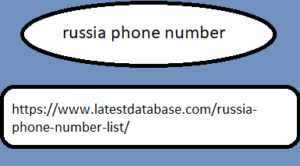|
|
Offering financial protection against unforeseen events that could otherwise cripple a business. Legal Requirements and Compliance: In many jurisdictions, certain types of insurance are legally required for businesses to operate. For example, workers' compensation insurance is mandatory in numerous locations to provide coverage for employees in case of job-related injuries or illnesses. Failure to comply with these legal requirements can result in severe penalties and even the closure of the business. Small business owners must be aware of the specific insurance mandates in their region to ensure compliance. Protection for Physical Assets: Physical assets such as equipment, inventory, and office space are integral to the functioning of a small business. Property insurance helps protect these assets from a range of risks, including fire, theft, vandalism, and natural disasters.
Without adequate coverage, a single unforeseen event could lead to significant financial losses and, in some cases, the closure of the business. Liability Coverage: Liability claims can arise from various sources, including customer injuries on the premises, product defects, or professional russia phone number errors. Small business liability insurance provides coverage for legal fees, court costs, and damages in the event of a lawsuit. This type of coverage is essential for protecting the business owner's personal assets, as it separates business liabilities from personal finances. Worker's Compensation: If a small business has employees, workers' compensation insurance is crucial. This coverage provides benefits to employees who are injured or become ill on the job, covering medical expenses, rehabilitation costs, and a portion of lost wages.

Not only does workers' compensation protect employees, but it also shields the business from potential legal actions related to workplace injuries. Business Interruption Insurance: Disruptions to business operations can occur due to various reasons, such as natural disasters, fires, or other unforeseen events. Business interruption insurance helps cover lost income and ongoing expenses during the period when the business is unable to operate. This coverage can be a lifeline, allowing the business to recover and resume operations without facing insurmountable financial challenges. Cyber Liability Insurance: In an era dominated by technology, small businesses are increasingly vulnerable to cyber threats.
|
|